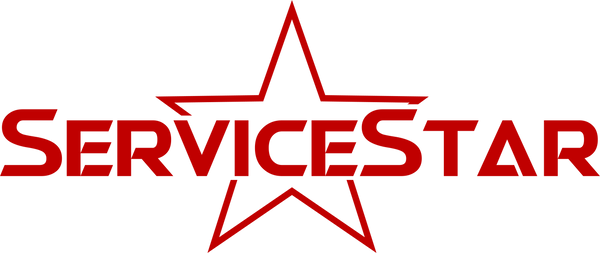Choosing the right commercial or industrial floor scrubber for your workplace is a critical decision that can impact the efficiency and cleanliness of your facility. There are various factors to consider when making this choice, the type of flooring, the size of your building, the storage space you have for your floor machine, and the different features you may want your machine to have are all major decision making factors on your floor scrubbing journey. In this comprehensive guide, we'll break down the key considerations to help you make an informed decision.
1. Understand Your Cleaning Needs:
- Type of Flooring: Different floor types require different cleaning methods. Whether you have tile, concrete, vinyl, or another type of flooring, ensure that the scrubber you choose is suitable for the specific material.
- Size of the Area: Think about your square footage, floor scrubbers come in different shapes and sizes. Some of the larger ones are called ride-ons and allow you to sit on them and steer like a car to tackle large spaces quickly. Many people however, choose smaller walk-behind scrubbers and are still able to effectively clean their space.
2. Cleaning Efficiency:
- Scrubbing Path Width: The scrubbing path width determines how much area the machine can cover in a single pass. Wider paths can increase your cleaning speed in a large open space, but ultimately you lose maneuverability which may slow the process in some smaller areas.
- Cleaning Speed: some scrubbers operate faster than others, make sure not to sacrifice the effectiveness of the cleaning process for the speed of the floor scrubber.
3. Maneuverability and Storage:
- Size and Design: You will need to consider the obstacles your floor scrubber will be subject to as well as the storage space you have available to house the floor scrubber when choosing the design.
- Turning Radius: A smaller turning radius is beneficial for maneuvering around tight corners and obstacles.
4. Water Capacity and Efficiency:
- Tank Capacity: Large tanks carry more water and can be used longer between refills.
- This saves time and time is money.
- Water Efficiency: No matter how large your tank is, look for floor scrubbers with efficient water usage to minimize waste and reduce the need for frequent tank refills.
5. Pads and Pressure:
- Type of Pads: This should be considered right along with the type of surface that you have to clean. Scrubber pads come in a range of abrasiveness if you are tackling tough stains you may need a more abrasive pad. You might even consider trying multiple pad styles.
- Adjustable Pressure: Some scrubbers allow you to adjust brush pressure, enabling customization for different types of flooring and levels of stains.
6. Maintenance and Durability:
- Ease of Maintenance: While all floor scrubbers will need maintenance over time by a certified technician, Opt for a scrubber that is easy to maintain. Features like easy access to critical components and easy brush/pad replacement can save time and effort.
- Build Quality: Look for durable construction materials to ensure longevity, especially if the machine will be used in demanding industrial environments.
Choosing the right commercial/industrial floor scrubber involves a comprehensive evaluation of your cleaning needs, the characteristics of your facility, and your budget constraints. By considering factors such as type of flooring, cleaning efficiency, maneuverability, power source, water capacity, brushes/pads, noise level, maintenance, budget, additional features, brand reputation, and regulatory compliance, you can make an informed decision that aligns with the specific requirements of your business. Taking the time to research and analyze these factors will ultimately lead to a more efficient and cost-effective cleaning solution for your facility.


